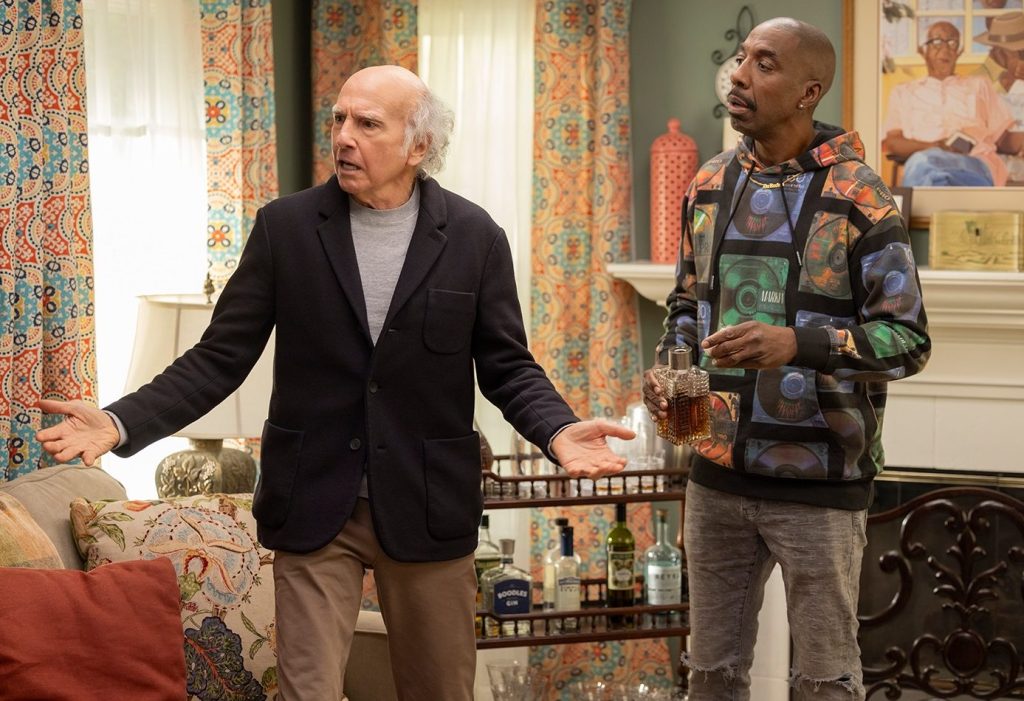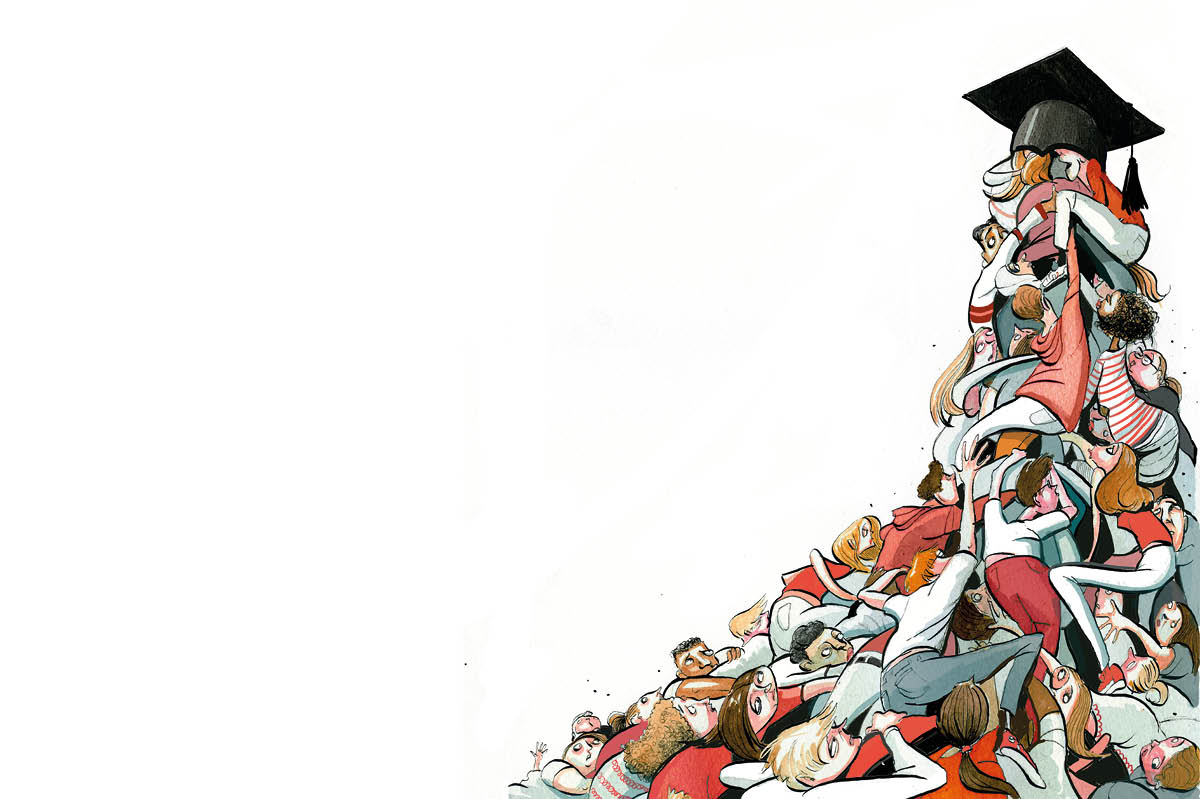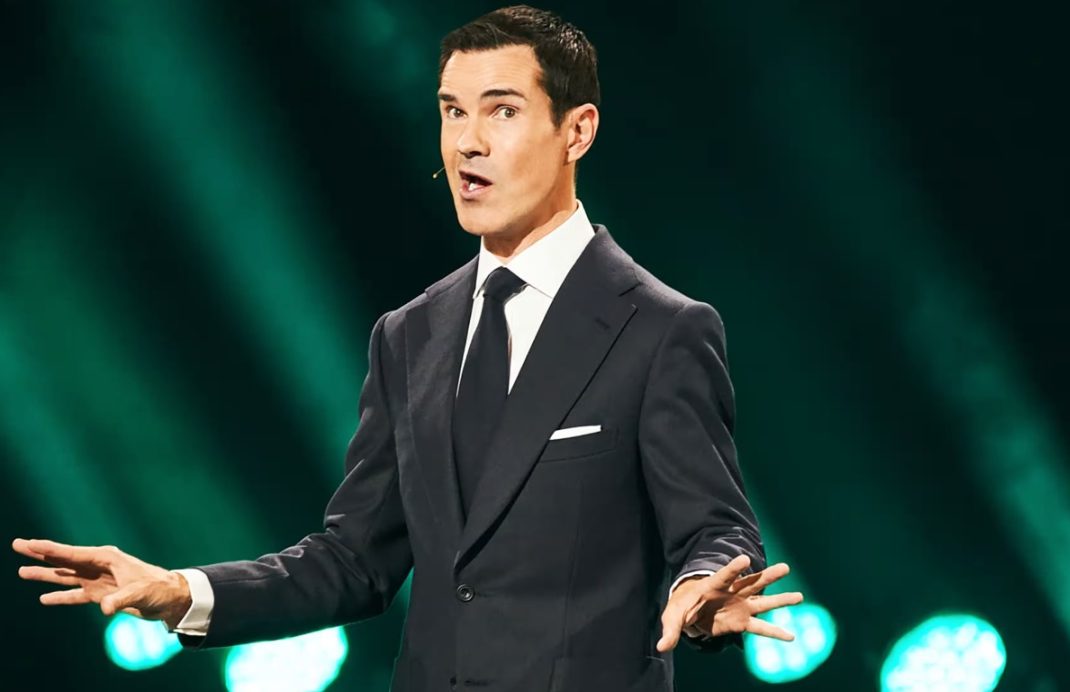As Curb Your Enthusiasm begins its twelfth and apparently final series, one key question remains: how does Larry David get away with it? While many entertainers are sent into exile for ancient tweets far less tasteless than the average episode of Curb, the show sails on — providing extended comic riffs on incest victims, Holocaust survivors and even fat women, while enjoying pretty much universal acclaim.
I don’t know how Larry David gets away with it — but I’m still very grateful that he does
Perhaps it helps that the jokes are funny — and that many of them are on David. You could also argue that his heartlessness about say, the bereavements of people he doesn’t know (and some that he does) is only an unusually honest version of our own. Nonetheless, the feeling persists that he’s mysteriously been given a free pass, the world having decided that he’s someone to whom the normal rules don’t apply.
And this, I’d suggest, is one of the many reasons why the show is such a delight. It’s not just a beautifully constructed, constantly inventive sitcom, but also a much needed holiday from the censoriousness we’re forced to live through most of the time — not least because David never seems to be deliberately causing offense so much as being indifferent to the notion of offensiveness.
For anybody who’s managed to miss Curb over the past twenty-four years, David plays a version of himself he refers to as “TV Larry” who’s still extremely rich from having created Seinfeld and still the model for George in that show: neurotic, spiteful, obsessed with the tiniest of everyday problems. (Even David’s wealth, incidentally, doesn’t appear to be held against him.) At the same time, he somehow comes across as an everyman — or maybe an everyolderman, sometimes angry, sometimes just bewildered at the strange modern world he finds himself in.
A long-standing sitcom device is an aging guy convinced that he’s the last sane person left — the traditional twist being that he’s the one who’s mad. In Curb, David takes it a stage further. TV Larry may be undeniably bonkers, but nor is he wrong to think that everybody else is. He’s also spookily unlucky in the classic comic way. This mix of culpability and blamelessness was again on wildly enjoyable display in Curb’s return, when Larry agreed to be a highly paid guest at a party held by a millionaire fan. The only requirement was for him to be “cordial.” So what could possibly go wrong — especially as he knew that cordiality “means to be polite, not to tell people what you really think of them and what assholes they are.”
As ever, he did his best “in the circumstances,” as he put it, “of a person who hates people and yet has to be amongst them” (as pithy a definition of TV Larry as any). But as ever, his best failed spectacularly, with Larry getting into any number of baroque scrapes and his bad luck ensuring that he accidentally insulted anybody he didn’t insult on purpose. Meanwhile, in the usual neat Curb way, a series of Chekhov guns sighted in the early scenes were fired one by one.
I still don’t know how Larry David gets away with it — but I’m grateful that he does.
At first sight, Seth MacFarlane’s new sitcom Ted is aiming for a similar lack of coziness. The show is based on MacFarlane’s 2012 film of the same name, which featured John Bennett, who as a child had successfully wished for his teddy bear to come to life. Now he was in his thirties, the bear remained his best friend as well as a foul-mouthed, hard-drinking fan of prostitutes.
In the TV version, we pitch up in 1993 when John is sixteen and he and Ted are living with his family. For a while in the first double episode, the humor largely relied on a toy bear swearing and using mild racial slurs — surprisingly funny, it turned out. Left at home while John was at school, Ted then searched in vain for the dad’s porn collection (“Twenty-five years of marriage and no porn? I’d kill myself”) and hired three prostitutes called Cupcake, Peaches and Beef Stroganoff. And yet, the longer the show went on, the clearer it became that, for all the determinedly non-PC gags, Ted is, at heart, unexpectedly sweet. The friendship between boy and bear is genuine and rather touching — and by the end Ted had even made his peace with John’s woke cousin Blaire.
In theory this should make for a somewhat awkward watch: a show that can’t decide how daring it wants to be. In practice, MacFarlane shifts between the gears with such joyful freedom — and so many great one-liners — that we’re more than happy to ignore the occasional sound of grinding.
This article was originally published in The Spectator’s UK magazine. Subscribe to the World edition here.


























Leave a Reply